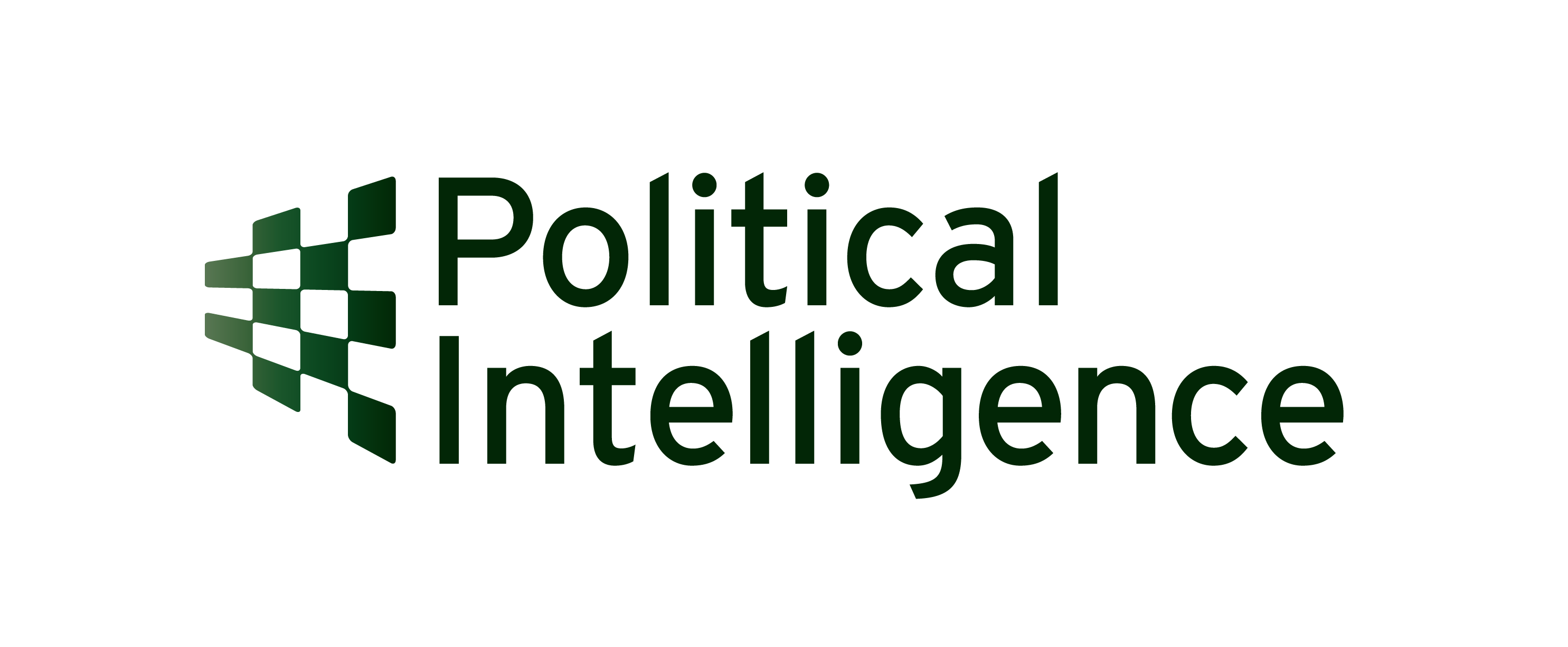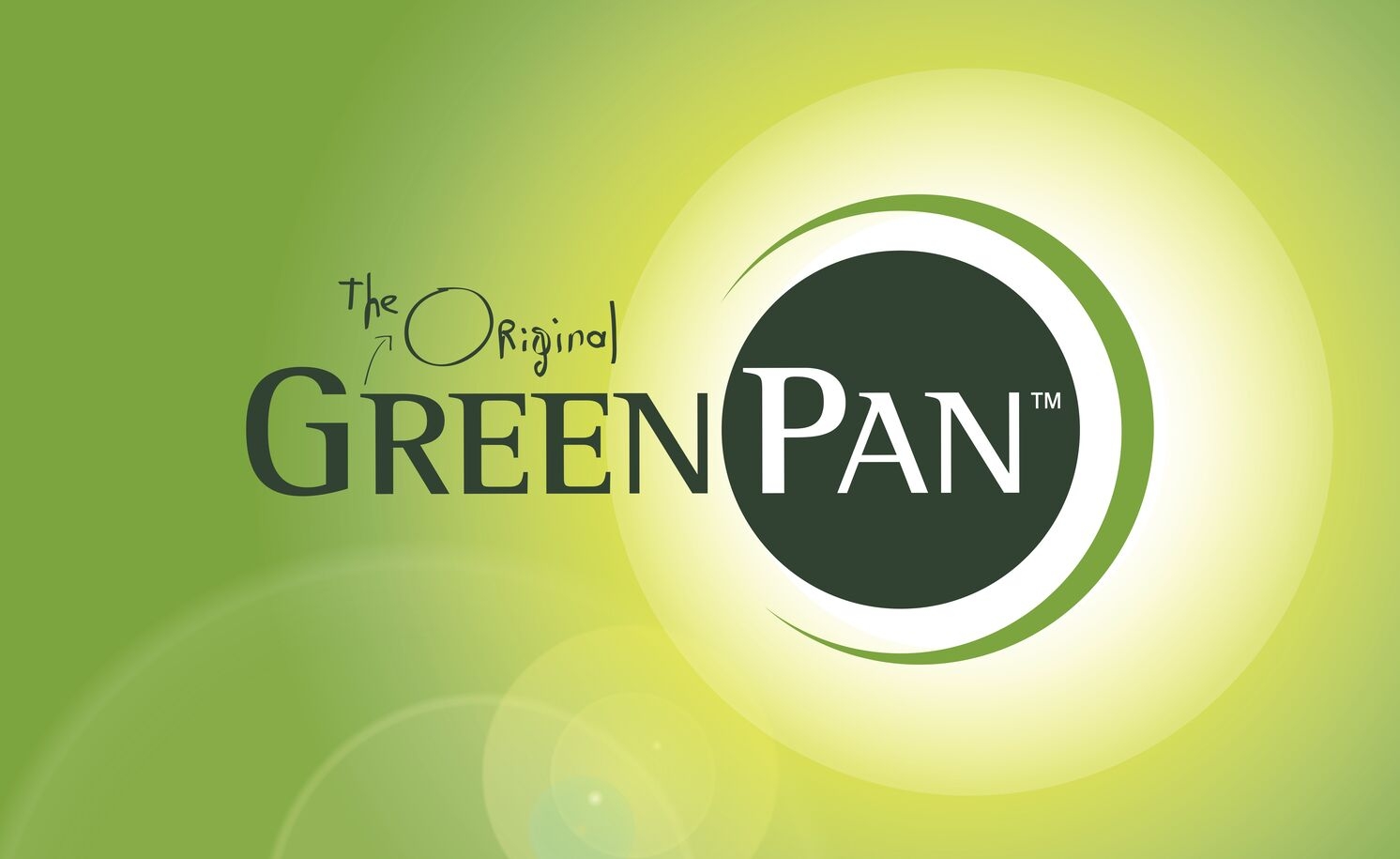Working as part of healing

Lode Godderis is professor of occupational medicine at KU Leuven and CEO of the Institute for Prevention and Protection at Work (IDEWE). According to Godderis, working has therapeutic value. People recovering from cancer, he says, deserve gentle and well-supervised reintegration into the workplace. Cancer and its treatment often cause physical and mental limitations (fatigue, difficulty concentrating, anxiety). A partial resumption of work during or after recovery can be beneficial because it provides structure. Work is also part of our identity and provides social contact.
Obstacles
Returning to work after cancer, however, is not plain sailing. There are numerous obstacles. Managers often do not know how to organize a gradual and appropriate return. There is a lack of customization and the focus is too often on what someone can no longer do. According to Lode Godderis, the occupational physician can play a crucial role in reintegration after cancer, but is used far too little or too late. An occupational physician is not a control doctor who checks what someone can still do. On the contrary, an occupational physician helps to turn the perspective to what a person can still do.
Coaching
There are organizations, such as IDEWE and Cohezio, partner of Pink Ribbon, that provide support in reintegrating employees after a long-term absence. They support both employer and employee, liaise with the occupational physician, provide tips and support from colleagues and provide desirable coaching for work resumption. Through the Pink Monday project, Pink Ribbon draws attention to work resumption after breast cancer. Through our annual sensitization campaigns, breast cancer is becoming increasingly discussable in the workplace.
Continue reading

Survival after breast cancer continues to improve

Restorative yoga: regaining wellness, inner peace and self-confidence in the fight against breast cancer


.png)












.png)
















